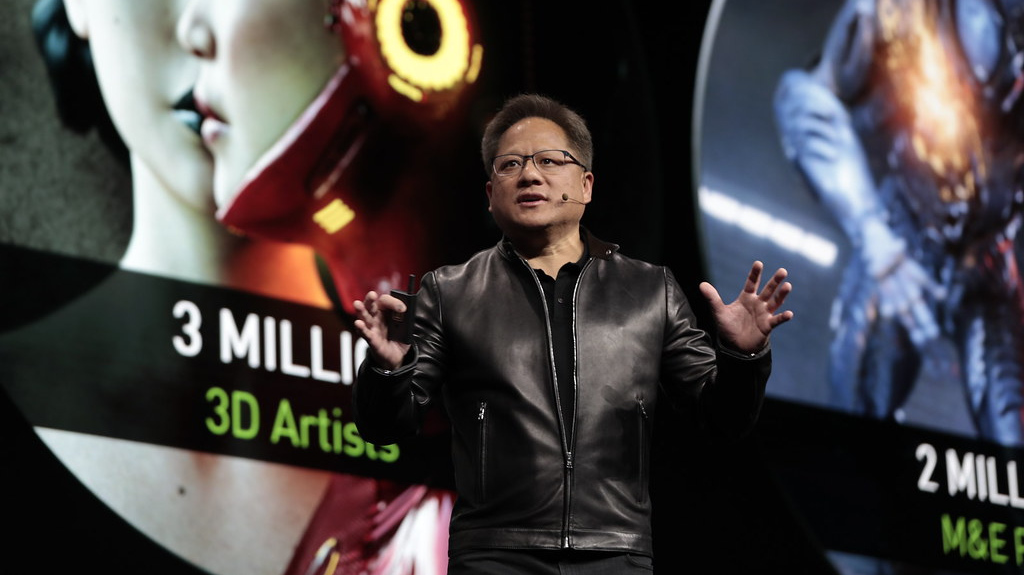
A coalition of technology companies, including Qualcomm, Google and Intel, plans to weaken Nvidia’s monopoly control over artificial intelligence on March 25, Reuters reports.
The coalition intends to implement its plans by creating software that frees AI developers from dependence on Nvidia chips. The coalition is part of a growing group of financiers and companies fighting Nvidia’s dominance in the AI space.
“We’re actually showing developers how to get off the Nvidia platform.”Vinesh Sukumar, head of machine learning and artificial intelligence at Qualcomm, told Reuters in an interview.
Nvidia has built a $2.2 trillion market capitalization by producing AI chips that have fueled a new era of generative AI developers. All developers, from startups to corporations like Microsoft, OpenAI, and Google, have become dependent on these chips.
No less important for the hardware is the computer code accumulated by the company during almost 20 years of development, which places it practically out of competition. More than 4 million developers worldwide rely on Nvidia’s CUDA software platform to program AI and other applications.
The UXL Foundation, a coalition of technology companies, plans to create a set of open source tools and software that can run on various types of AI accelerator chips. The project aims to ensure that the program code works on any computer, regardless of the chip and hardware on which it is based.
“In the context of machine learning, it’s about how we can create an open ecosystem, improve hardware performance and diversity.”“said Google director and chief HPC technologist Bill Hugo.
UXL Technical Steering Committee prepares to approve technical specifications in the first half of 2024 and finalize the technical details of the new platform “ripe” condition by the end of the year.
UXL plans to focus its resources on the organization’s long-term goal of attracting a critical mass of developers to its platform to break Nvidia’s dominance in AI.
The UXL Foundation’s plans are one of many attempts to loosen Nvidia’s control over the software that powers AI. Venture capitalists have invested more than $4 billion in 93 different alternative projects, according to data compiled by PitchBook at the request of Reuters.
Source: Rossa Primavera
I am Michael Melvin, an experienced news writer with a passion for uncovering stories and bringing them to the public. I have been working in the news industry for over five years now, and my work has been published on multiple websites. As an author at 24 News Reporters, I cover world section of current events stories that are both informative and captivating to read.
